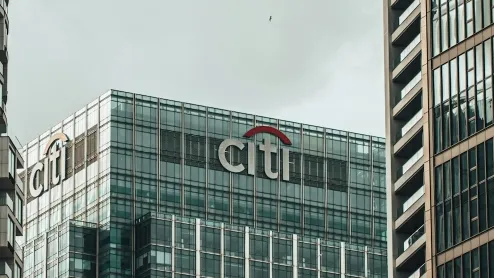TMB-Thanachart Bank merger to secure approval by end-January: official
The government approved tax incentives last year to ease consolidation.
Reuters reported that the merger between the two Thai lenders, TMB Bank and Thanachart Bank is expected to be approved by the Cabinet by the end of January, according to a senior finance ministry official.
The move comes after the Thai government approved tax incentives for bank mergers to help them better compete with their larger regional rivals.
Sources have revealed that both local banks have been been consulting with their respective advisers to thrash out the terms of the merger.
The government holds a 25.92% stake in TMB Bank, whilst Dutch banking group ING Groep NV (INGA.AS) owns 25% of the bank’s shares. Meanwhile, Thanachart Capital Pcl owns 51% of the stakes in Thanachart Bank, whilst a unit of Canada’s Bank of Nova Scotia (BNS.TO) owns the remaining shares.
Here’s more from Reuters:



















 Advertise
Advertise












